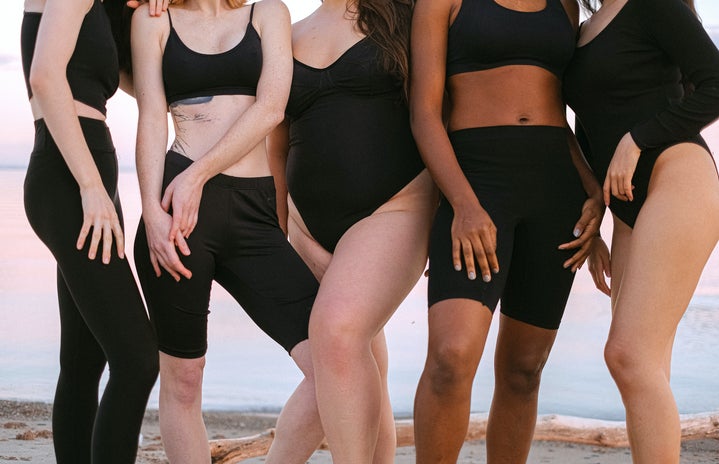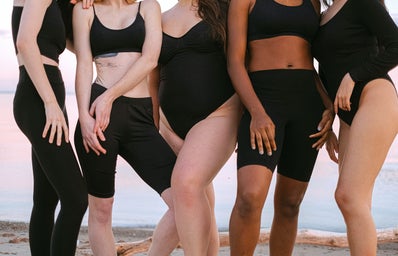Maddie Collom has always been interested in health and nutrition. Throughout high school, she struggled with disordered eating and being able to discover balance. After recovering from these habits, Collom solidified her passion in nutrition and further discovered National Eating Disorders Association (NEDA). This organization is the largest non-profit to support and care for individuals of all backgrounds experiencing eating disorders in the United States. She decided to become a University of Washington Campus Warrior, meaning she is the point of contact regarding the plethora of resources available through NEDA. Collom is the only ambassador here at UW.
On college campuses everywhere, people are struggling with disordered eating. Collom mentions that there is “the same central message” across universities nationwide, but there tends to be more prominent body image issues in certain communities. “We were not born to hate our bodies,” she adds. Additionally, the unfortunate reality of disordered eating is how individuals typically feel shame or an intense need for control over their habits. Through one on one conversations she has had through her role, Collom observes how typically there are undertones of generational eating issues as result of students being a product of their environment growing up. The rhetoric regarding what the standard of health looks like needs to be changed so that future generations do not also internalize the constant desire to fit a certain ideal.
From her courses at UW, she notes how the Nutritional Sciences Program tends to focus on food systems and policy rather than at the individual level. Nonetheless, Collom recommends COM 437: Rhetoric of Health and Medicine, which is taught by Dr. Amanda Friz in the Communications Department. Students in this class learn about notions regarding body size and weight, the social aspect of health, and ultimately how this perpetuates the biases that exist towards those in larger bodies. Personally, I highly recommend NUTR 490: Special Topics in Nutritional Sciences – Body Weight & Size Inclusivity: Clinical, Behavioral, and Societal Perspectives. As a student in the inaugural section of this course last autumn, I found that this class dissected the racist history of BMI and the stigmas that still exist in healthcare. Dr. Cristen Harris does an excellent job of incorporating the multitude of perspectives that present themselves in health and well-being beyond just the textbook.
If you want to continue to support eating disorder awareness outside of the classroom, the annual Seattle NEDA Walk will be happening this fall here on campus. The UW team is currently fundraising for this strictly-walking event and is open for anyone who wants to join. All proceeds will go towards eating disorder education and professional care. And, if you raise just $25, you earn a pretty cool shirt. More importantly, you would be walking with a community of people who want to make an impact in this stigmatized topic. Fostering an inclusive environment where students feel comfortable talking about their lived experiences leads to awareness and a greater sense of hope for those struggling.
We were not born to hate our bodies.
– Maddie Collom, University of Washington – Seattle ’23
Collom will be graduating in a few short weeks from the University of Washington, with her Bachelor of Science in Public Health – Global Health: Nutritional Sciences. She intends to take a gap year to further explore her interests, then later return to UW to pursue a Master of Public Health. This program would also enable her to earn certification as a registered dietician. I have no doubt that she will be successful in whatever path she chooses to take and will most certainly make a positive impact in the taboo world of weight and body image.


